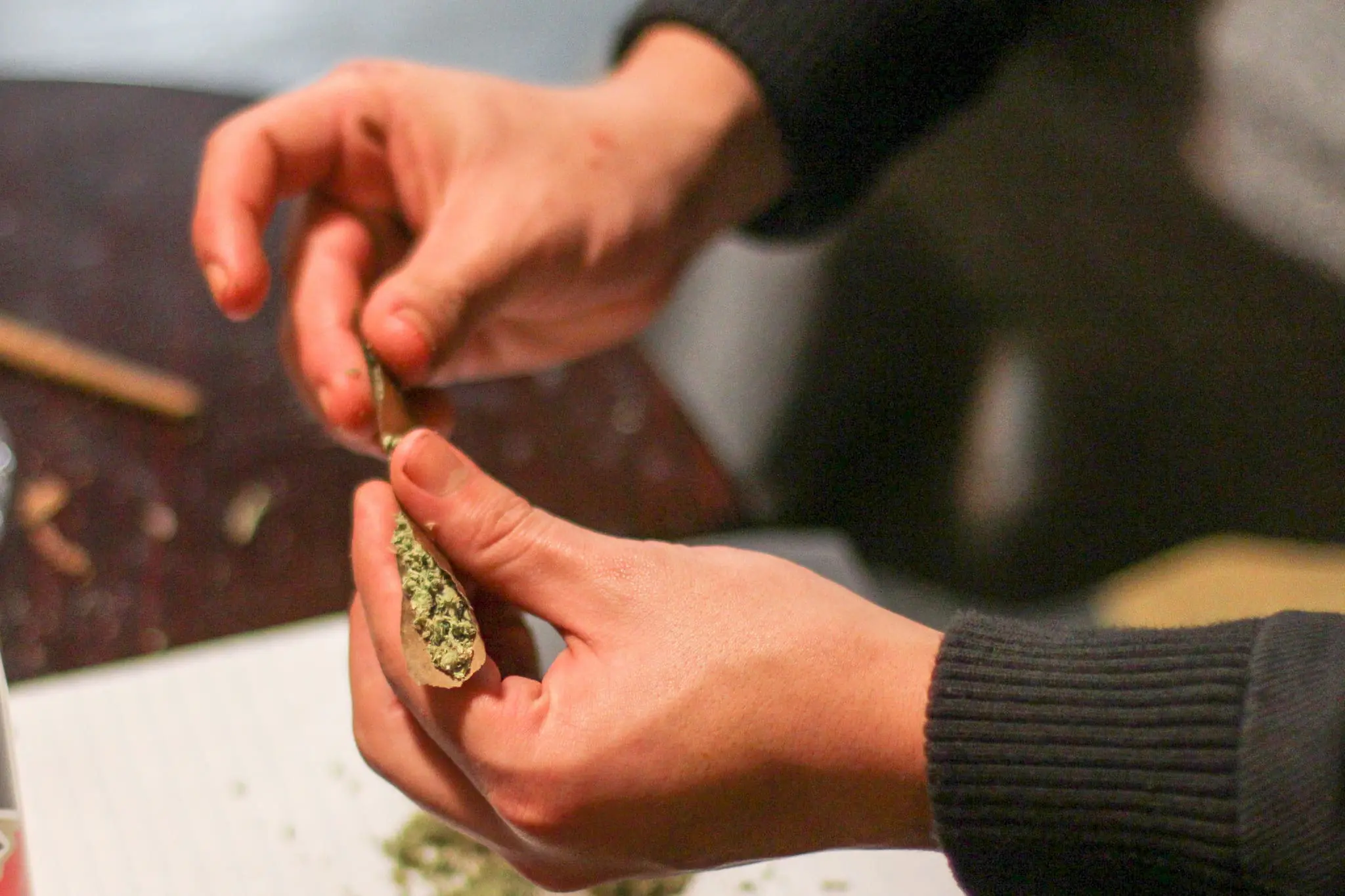Politics
DEA Promotes ‘Drug Slang’ Quiz To Test Knowledge Of Marijuana, Meth, Fentanyl, MDMA And Cocaine Terminology

Do you know your “drug slangs”? The Drug Enforcement Administration (DEA) has a quiz to put that to the test.
As part of its efforts to raise awareness about drug culture—with sometimes mixed reviews from those who actually consume controlled substances—DEA recently put out a five-question quiz to assess people’s drug lexicons.
“If you hear that a young person is trying to buy some ‘smack,’ would you recognize the slang for heroin?” the agency asked. “Drug traffickers and users adopt different words to hide the fact that they are talking about illegal drugs.”
Not unlike its drug emoji guide that DEA again recently recirculated, the test makes several claims about the terminology used by consumers and sellers that might give those populations pause.
Asked to identify an incorrect slang term for marijuana, the agency provided four options: dope, hyrdo, arnolds and skunk. While outmoded in most contemporary circles, the answer is “anrolds,” which DEA said is slang for steroids.
The next question concerns fentanyl, with DEA inquiring which of these four terms—jackpot, squirrel, dragon or rainbow—is a reference to the potent opioid. (The answer, according to DEA, is “jackpot.)
“Other fentanyl slang include: Apache, China Girl, China Town, Dance Fever, Friend, Goodfellas, Great Bear, He-Man, King Ivory, Murder 8, and Tango & Cash,” it said.
“Methamphetamine is referred to with all of the following slang terms except: chalk, blue diamond, speed or yellow bam,” another question poses. Here, DEA said the answer is blue diamond.
The next question is about which “weather phenomenon” is used to refer to cocaine. This one likely won’t throw most for a loop, as it’s commonly understood that cocaine is often called “snow,” as opposed to DEA’s other options of “thunder,” “hurricane” and “hail.”
Here’s the last question: “Which of the following, seemingly harmless terms, is slang for ecstasy/MDMA (Molly)? Space Bunny, Disco Biscuit, Rollercoaster or Beach Ball.”
The answer here is “Disco Biscuit.”
“In addition, ecstasy can be called: Adam, Beans, Clarity, E, Eve, Go, Hug Drug, Lover’s Speed, Peace, STP, X, and XTC,” DEA said.
The promotion of the quiz comes days after DEA market “World Emoji Day” by again promoting its guide to “decode” symbols that it claims are associated with illegal drug use and sales.
DEA’s emoji decoding guide has been around, and somewhat updated, since 2021, drawing some criticism from consumers who’ve questioned the credibility of the agency’s interpretation of how people communicate about drugs in texts and social media.
DEA, which is currently involved in a process to consider rescheduling marijuana—has long been considered out of touch with youth culture as it concerns drug use and sales. And it’s been partnering with other anti-drug groups recently that hasn’t done much to disabuse the public of that perception.
For instance, to mark “National Prevention Week,” DEA promoted a campaign in May that encourages people to share memes with dubious claims about the effects of cannabis—including the theory that it is a “gateway drug” to using other substances.
In 2023, DEA also advised young people that, rather than doing drugs, they should focus on becoming Instagram influencers. The agency promoted tips on how to get a “natural high” as an alternative to drugs, sharing what it said were “7 Better Highs” such as becoming famous on Instagram, playing video games and going to a pet store to look at animals.
Beyond its youth prevention outreach efforts, DEA is considering a proposal to move cannabis from Schedule I to Schedule III of the Controlled Substances Act (CSA).
President Donald Trump said this week that his administration will decide soon on the marijuana rescheduling proposal.
The DEA judge overseeing the process retired effective August 1, however, leaving the rescheduling-related decisions to the newly confirmed DEA administrator, Terrance Cole, who declined to put cannabis reform in his agency’s initial list of priorities despite telling senators it would be among the top items on his agenda.
Ahead of Cole’s swearing-in last month, the Senate a day earlier gave final approval to the Trump nominee. Almost immediately afterward, a major marijuana industry association renewed the push to make progress on the long-stalled federal cannabis rescheduling process.
In May, a Senate committee advanced the nomination of Cole to become DEA administrator amid the ongoing review of the marijuana rescheduling proposal that he has so far refused to commit to enacting.
Cole—who has previously voiced concerns about the dangers of marijuana and linked its use to higher suicide risk among youth—said in response to senators’ written questions at the time that he would “give the matter careful consideration after consulting with appropriate personnel within the Drug Enforcement Administration, familiarizing myself with the current status of the regulatory process, and reviewing all relevant information.”
Photo courtesy of Martin Alonso.



